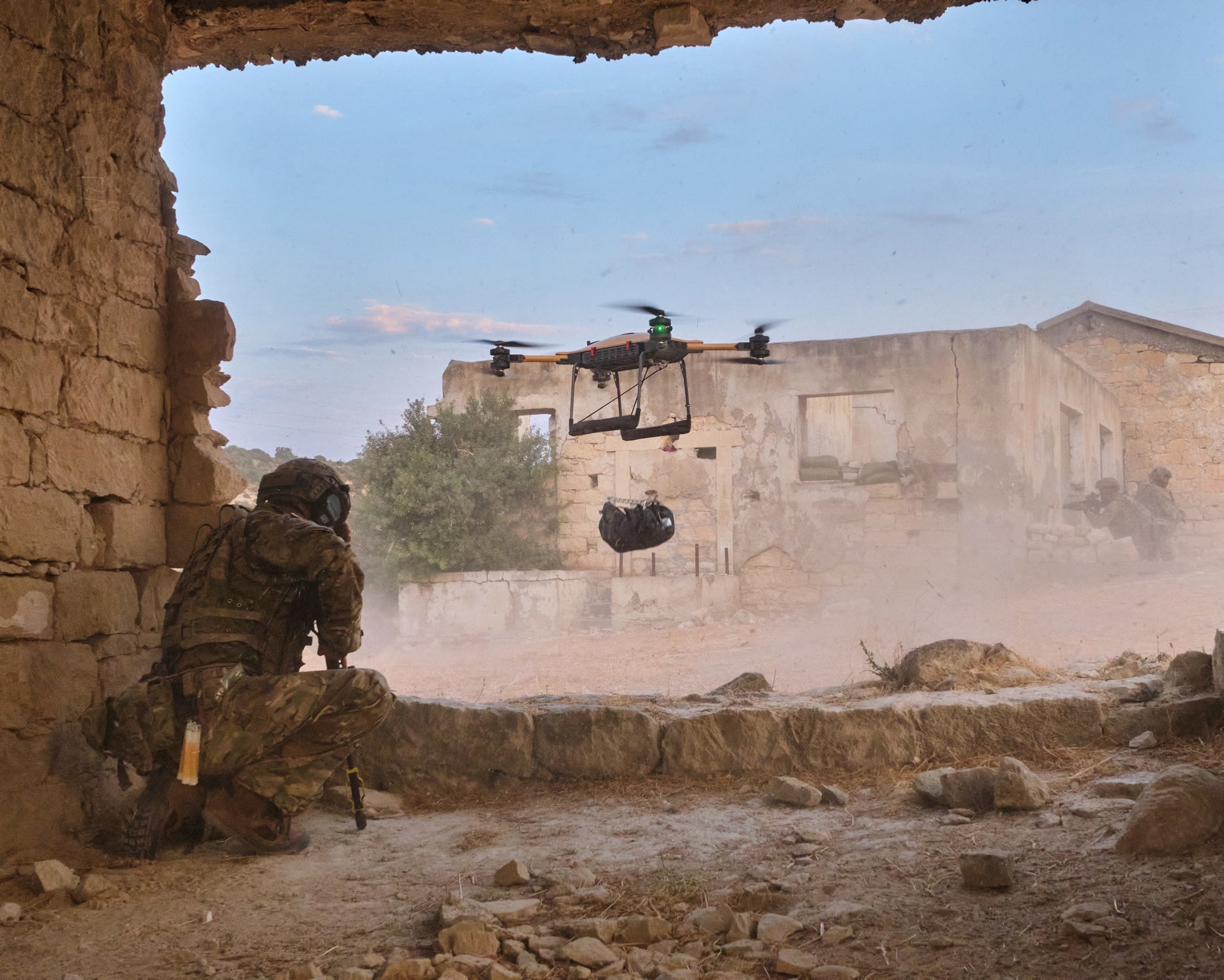
Johnson said the spending increase was the UK’s chance to ‘end the era of retreat’ promising to transform the armed forces and bolster Britain’s place on the world stage. The extra funding constitutes the most significant increase to the MOD’s budget since the cold war.
Funded by the spending increase, the UK will establish a Space Command capable of launching its first rocket in 2022, a National Cyber Force to defend the UK from cyberattacks and undertake offensive cyber operations. The money will also be used to fund a new agency dedicated to researching artificial intelligence.
The first rocket launch is due to take place in Scotland. Space is an area of increasing concern for defence and the UK, this week the UK hosted the Defence Space Conference which saw ten companies awarded same-day contracts for space technologies that could help the US, UK and NATO protect their space assets.
Prime Minister Boris Johnson said: “I have taken this decision in the teeth of the pandemic because the defence of the realm must come first. The international situation is more perilous and more intensely competitive than at any time since the Cold War and Britain must be true to our history and stand alongside our allies. To achieve this, we need to upgrade our capabilities across the board.
“This is our chance to end the era of retreat, transform our armed forces, bolster our global influence, unite and level up our country, pioneer new technology and defend our people and way of life.”
At least £1.5bn of extra funding will be made available for military research and development and there will be further investment in the development of the Tempest Future Combat Air System designed to replace the Eurofighter Typhoon from 2035 onwards.
Downing Street said that the investment in defence projects would create an extra 10,000 jobs across the country.
Defence Secretary Ben Wallace said: “This is excellent news for Defence and provides us with the financial certainty we need to modernise, plan for the future and adapt to the threats we face. It demonstrates the Prime Minister’s recognition of how important Defence is to our resilience and to the reputation of the United Kingdom.
“This settlement secures UK jobs and livelihoods, allows us to invest in our fantastic shipyards and aerospace industry, spreading prosperity to every corner of the UK.”
The funding package ends weeks of questions over what effect Chancellor Rishi Sunak’s decision to scrap a multi-year spending review for the whole of government would have on the ability for the MOD to make long-term financial decisions.
The increase in defence spending is seen as part of the government’s broader plans to help the economy recover from the Covid-19 coronavirus by creating jobs in key national industries.
Wallace added: “Next year represents a huge opportunity for this country, and Defence will be at the forefront of creating the jobs and business opportunities that will help us build back from the pandemic.
“Over the next few months, I will set out in more detail our ambitious agenda for Defence.”
The announcement comes shortly after the UK postponed the publication of its Integrated Review of Defence, Security and Foreign Policy until next January at the earliest. The Integrated Review was initially due to be published in November.
The new spending settlement will also finance the order of the Royal Navy’s eight new Type 26 Frigates and five new Type 31 Frigates, which are being built by BAE Systems and Babcock respectively.
Ian Waddell, the general secretary of the Confederation of Shipbuilding and Engineering Unions (CSEU) that represents 100,000 members across defence, security and complex manufacturing, welcomed the spending increase but added that other ‘shovel-ready’ projects could be fast-tracked to protect the industry further.
Waddell said: “Any increase in funding which will create and maintain jobs in the defence and security sectors, both directly and through the supply chain, and which protects our sovereign defence capability is to be welcomed.”
“However, we have written to the Government with details of nine existing defence programmes that can be fast-tracked in response to the Prime Minister’s call for shovel-ready projects which will protect 33,000 existing jobs at a cost of just £2.5bn and which are already budgeted for. We hope that the Government will consider the importance of investing in jobs that people currently do as well as in jobs that don’t yet exist as part of their levelling up agenda and in order to protect the communities that rely on them outside the South East.”
The new spending commitment ensures that the UK remains the largest defence spender in Europe and the second-biggest defence spender in NATO after the US.
The new spending plan delivers on several Conservative manifesto commitments including the creation of the Space Command and a pledge to increase defence spending by 0.5% above inflation for every year of this parliament.
US Acting Secretary of Defense Christopher C. Miller praised the move from the UK, saying it was indicative of the country’s commitment to NATO and ‘shared security.
Miller said: “The US Department of Defense applauds the announcement by the United Kingdom to significantly increase defence spending. The UK is our most stalwart and capable ally, and this increase in spending is indicative of their commitment to NATO and our shared security. With this increase, the UK military will continue to be one of the finest fighting forces in the world.
“Their commitment to increased defence funding should be a message to all free nations that the most capable among us can – and must – do more to counter emerging threats to our shared freedoms and security.”



